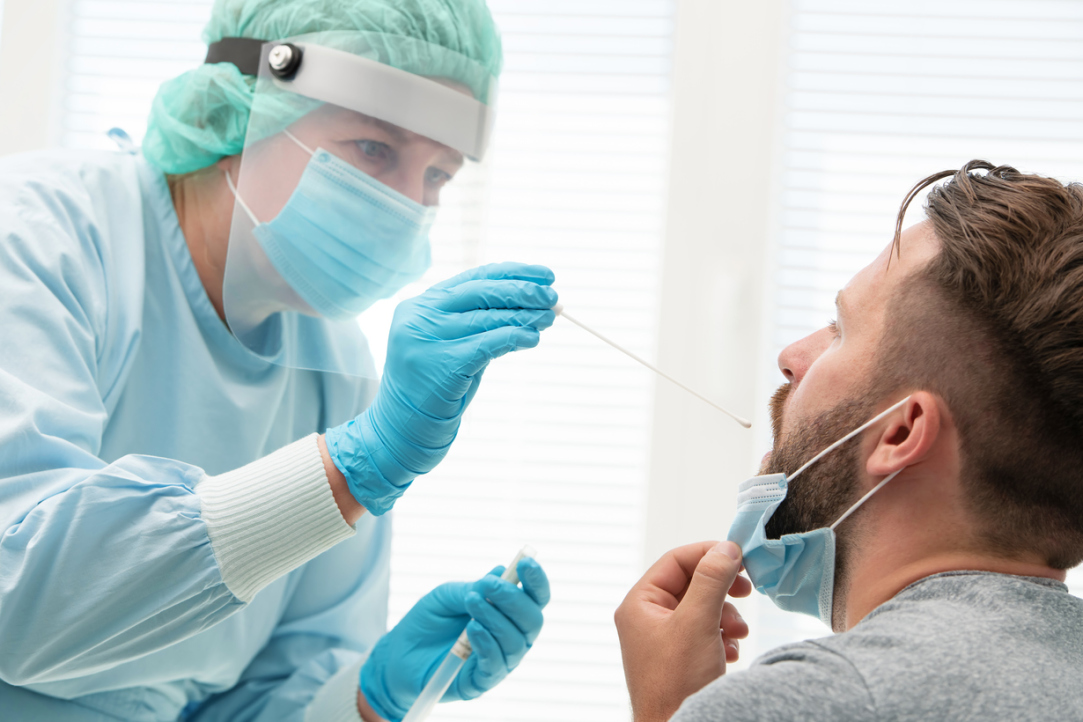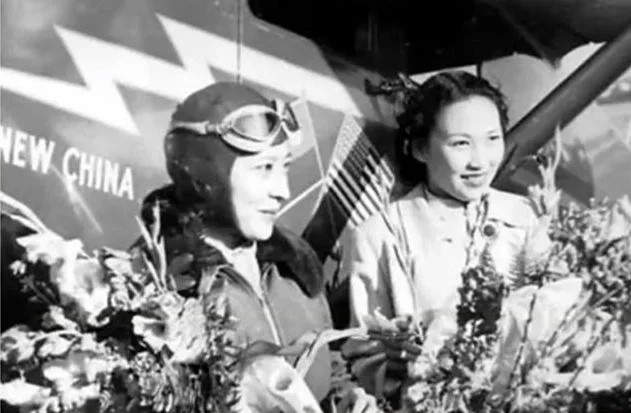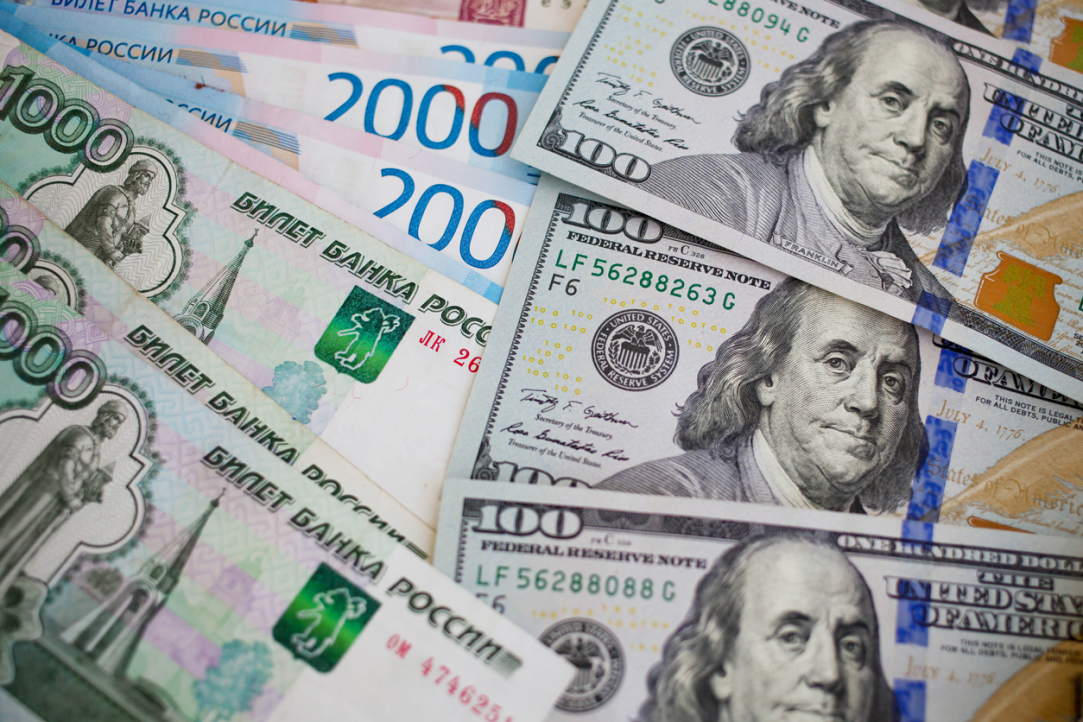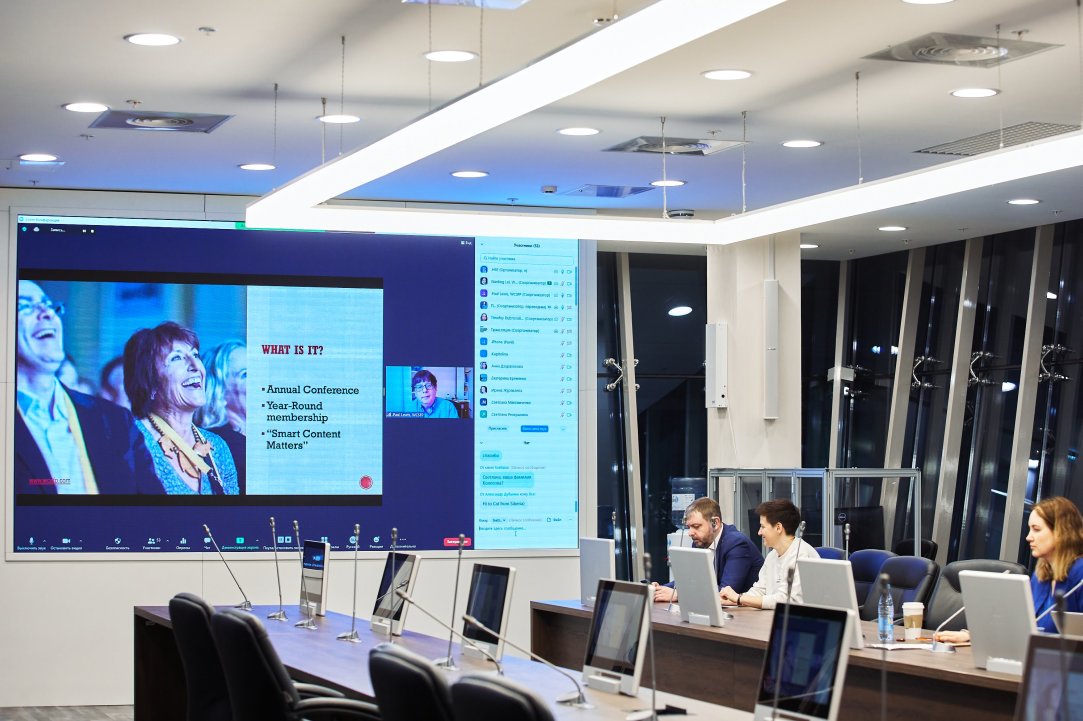Tweets about Russia by Donald Trump during his presidency caused short but noticeable depreciations of the rouble. Meanwhile, the introduction of new sanctions, upon which the president did not comment, had no such effect. This was the finding of a group of researchers, which included Elena Fedorova, Professor of the Faculty of Economic Sciences of HSE University. The group published their findings in in the Journal of Economic Behavior and Organization.




















